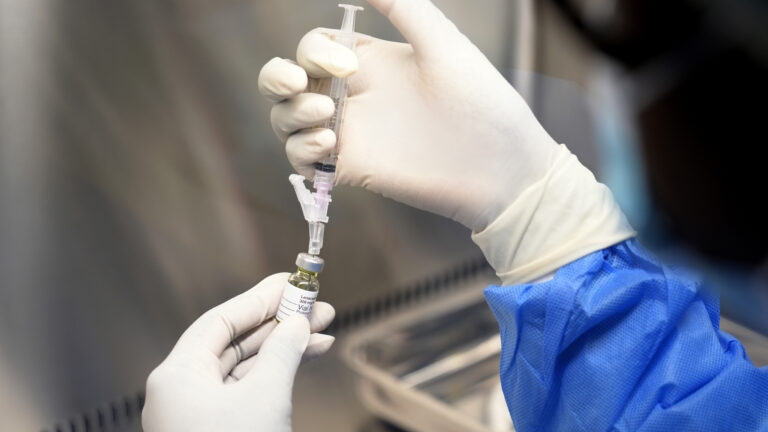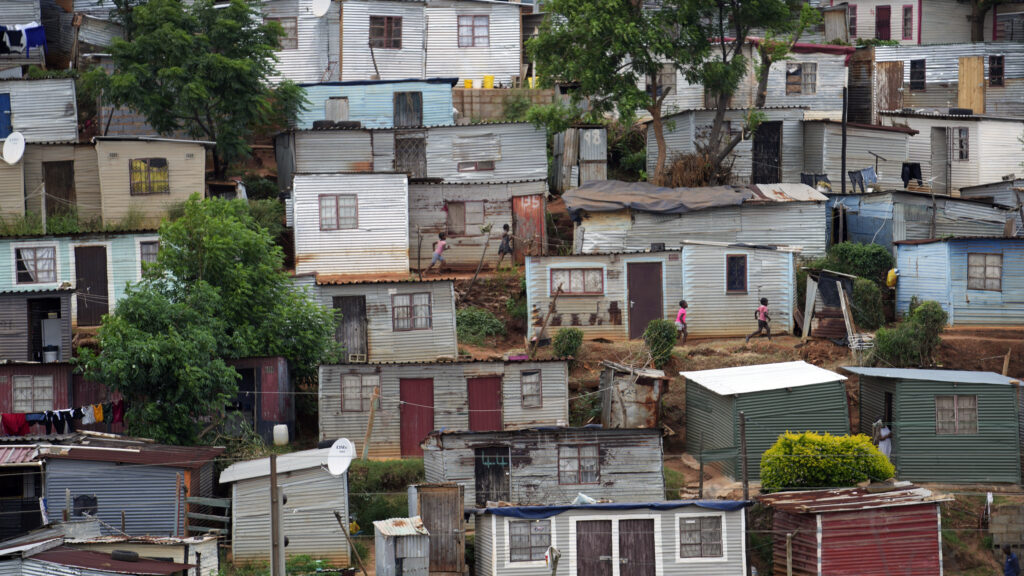When I was 5, I traced the fabric of my mother’s gumbezi as sunlight fell across the floor of my grandparents’ home in Mbare, the oldest high-density neighborhood in Harare, Zimbabwe. My mother sat beside me, her voice growing quieter each day, her body folding into stillness. I didn’t yet know what AIDS was. I only knew that something unspoken hung between us. My parents both died before they turned 40, their lives shortened by a virus shadowed by reticence and shame.
After a childhood shaped more by silence than answers, I was given the chance to study in the United States through a scholarship. There, I carved a path in HIV research. I studied while interning and later working with U.S.-based institutions engaged in efforts across the African continent.
Later, I spent time alongside clinical trial teams with the Ministry of Health in Botswana, where the antiretroviral dolutegravir was becoming a cornerstone of treatment. It is now used by more than 27 million people worldwide and was recommended by the World Health Organization in 2019.
As a medical student preparing to become an infectious disease doctor, I follow these developments closely, knowing they could shape the lives of the patients I plan to serve. That same commitment kept me close to the research on long-acting cabotegravir known as CAB-LA. It is an injection given every eight weeks that prevents HIV before exposure. The WHO recommended it in 2022 for people at substantial risk.
Now there is a game changer, one that I desperately hope will become widely available. On June 18, the Food and Drug Administration approved Yeztugo, the brand name for lenacapavir, developed by Gilead Sciences. It is the first injection for HIV prevention that needs to be given only twice a year. In global Phase 3 trials, lenacapavir showed nearly 100% efficacy. Participants came from Africa, the United States, Latin America, Europe, and Asia. Among the 2,134 recipients, there were zero cases of HIV.

STAT Plus: The decades-long journey to Gilead’s twice-a-year HIV prevention drug lenacapavir
When I read the trial results on lenacapavir, I did not just see numbers. I saw echoes of my own community, where the promise of prevention is always measured against the reality of access.
Notably, even before the FDA approval, Gilead agreed to royalty-free licenses with six generic manufacturers. These agreements covered 120 low- and lower middle-income countries. The company also pledged to supply two million doses of lenacapavir at no profit until generics become available.
These steps matter, but they are not enough. Every month of delay brings new infections and lives cut short. In sub-Saharan Africa, women and girls now make up nearly two-thirds of new HIV infections. That reality is a reminder that access delayed is most often access denied for those at highest risk. Gilead must expand licensing beyond income categories and invest in regional manufacturing so clinics can provide the drug in partnership with governments and global health agencies, which must also act with urgency.
Too many communities remain outside the existing framework, including parts of Latin America and Asia, despite high HIV burdens or meaningful contributions to the trials. Access cannot stop at borders drawn by income classification. I often think that even if lenacapavir had been available when my parents were alive, barriers to access might still have kept it out of reach. Promising the medication isn’t enough. We also need global political partnerships that prioritize equity by supporting broader generic manufacturing, ensuring fair pricing with the governments closest to the need.

Across Southern Africa, in Harare, KwaZulu-Natal, Blantyre, and Gaborone, I have sat in clinics where young women wait for hours, only to leave unsure whether prevention will ever come, asking why medicines are tested here but never reach the shelves. Conversations about HIV prevention often collapse back onto adolescent girls and young women, the group at highest risk. When they hear about new medicines, some respond with hope, others with skepticism that the drugs will ever reach local clinics. Every exchange carries old wounds, mistrust, and memories of uneven rollouts. Each return to the same questions reflects a deep weariness, the sense that progress always comes with conditions.
As a future infectious diseases doctor, I carry their loss into my training, continuing the work they never saw begin. This moment belongs to patients, families, and all those who bore the weight. But it is Gilead who holds the power to ensure this breakthrough is made truly accessible to all who advanced the science and those who now live with its scars.
Tatenda Makoni is a Zimbabwean-born medical student at the Medical College of Wisconsin whose work bridges global health and HIV research.

